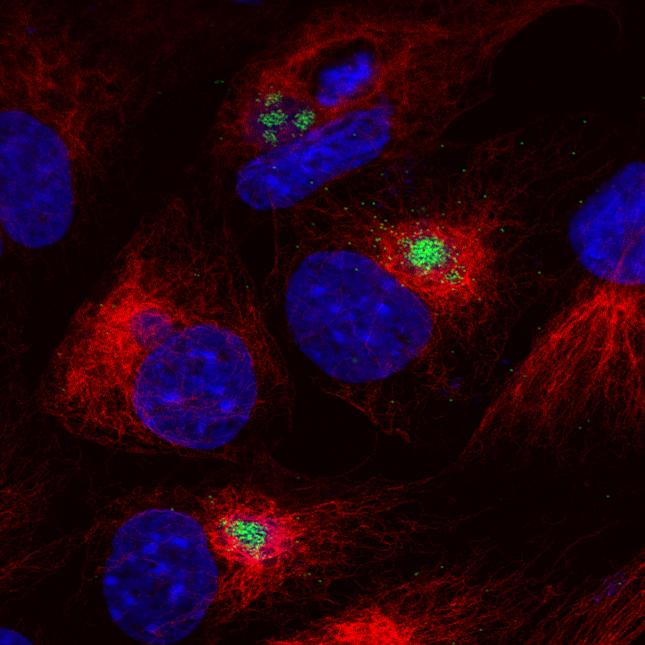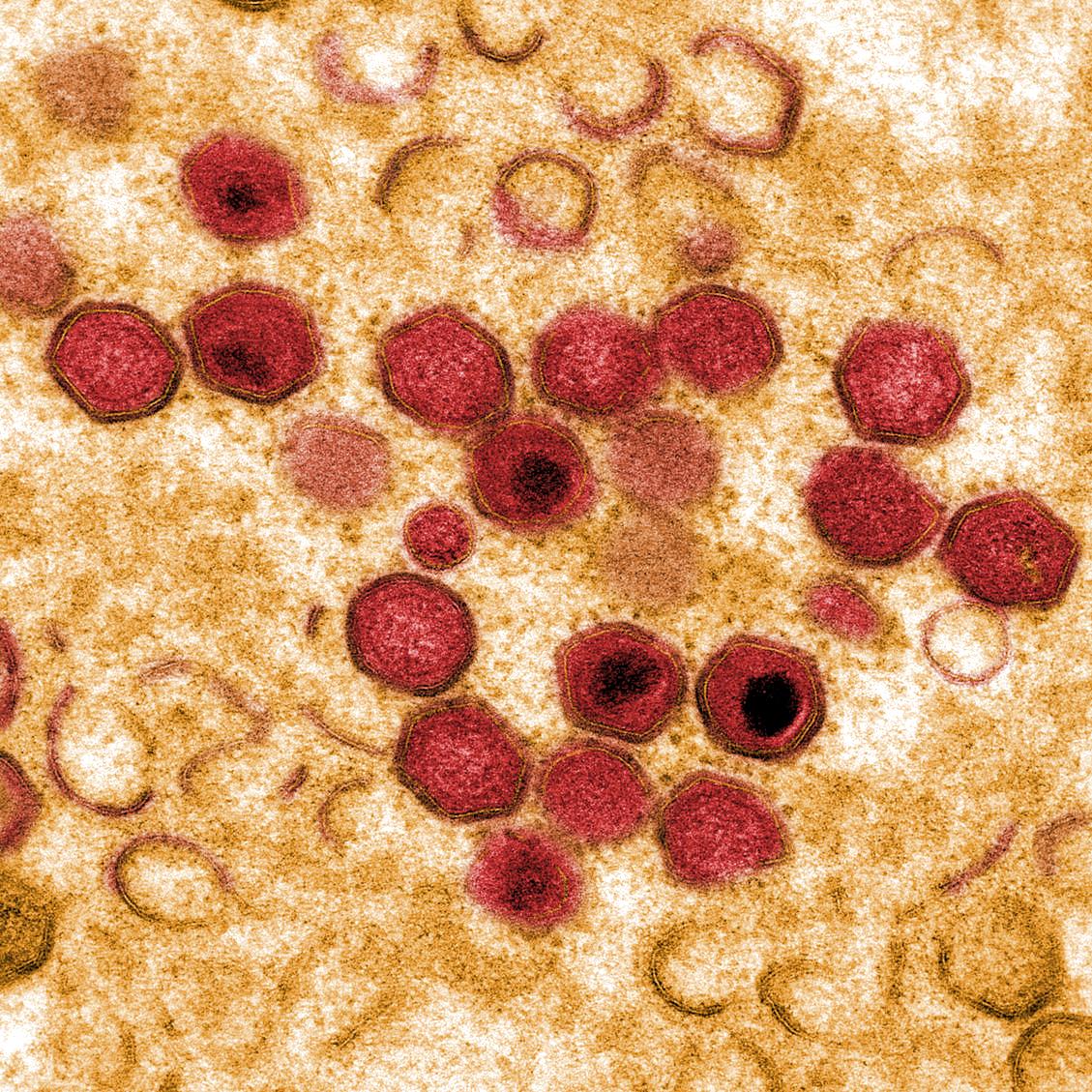Development of a blocking enzyme-linked immunosorbent assay for detection of antibodies against African swine fever virus
The incursion of African swine fever virus (ASFV) into Eurasia presents a threat to the world’s swine industry. Highly sensitive and specific diagnostic assays are urgently needed for rapid detection during an outbreak, post-outbreak investigation, and disease surveillance. In this study, a highly specific and repeatable blocking ELISA (bELISA) was developed using a recombinant p30 protein as the antigen combined with biotinylated mAb against p30 as the detection antibody. Initial test validation included sera from 810 uninfected animals and 106 animals experimentally inoculated with ASFV or recombinant alphavirus/adenovirus expressing p30. Receiver operating characteristic (ROC) analysis of the data calculated an optimal percentage of inhibition (PI) cutoff value of 45.92%, giving a diagnostic sensitivity of 98.11% and diagnostic specificity of 99.42%. The coefficient of variation of an internal quality control serum was 6.81% for between runs, 6.71% for within run, and 6.14% for within plate. A time course study of infected pigs showed that bELISA was able to detect seroconversion as early as 7 days post-inoculation. Taken together, these results demonstrate that bELISA can be used as an alternative serological test for detecting ASFV infection.

